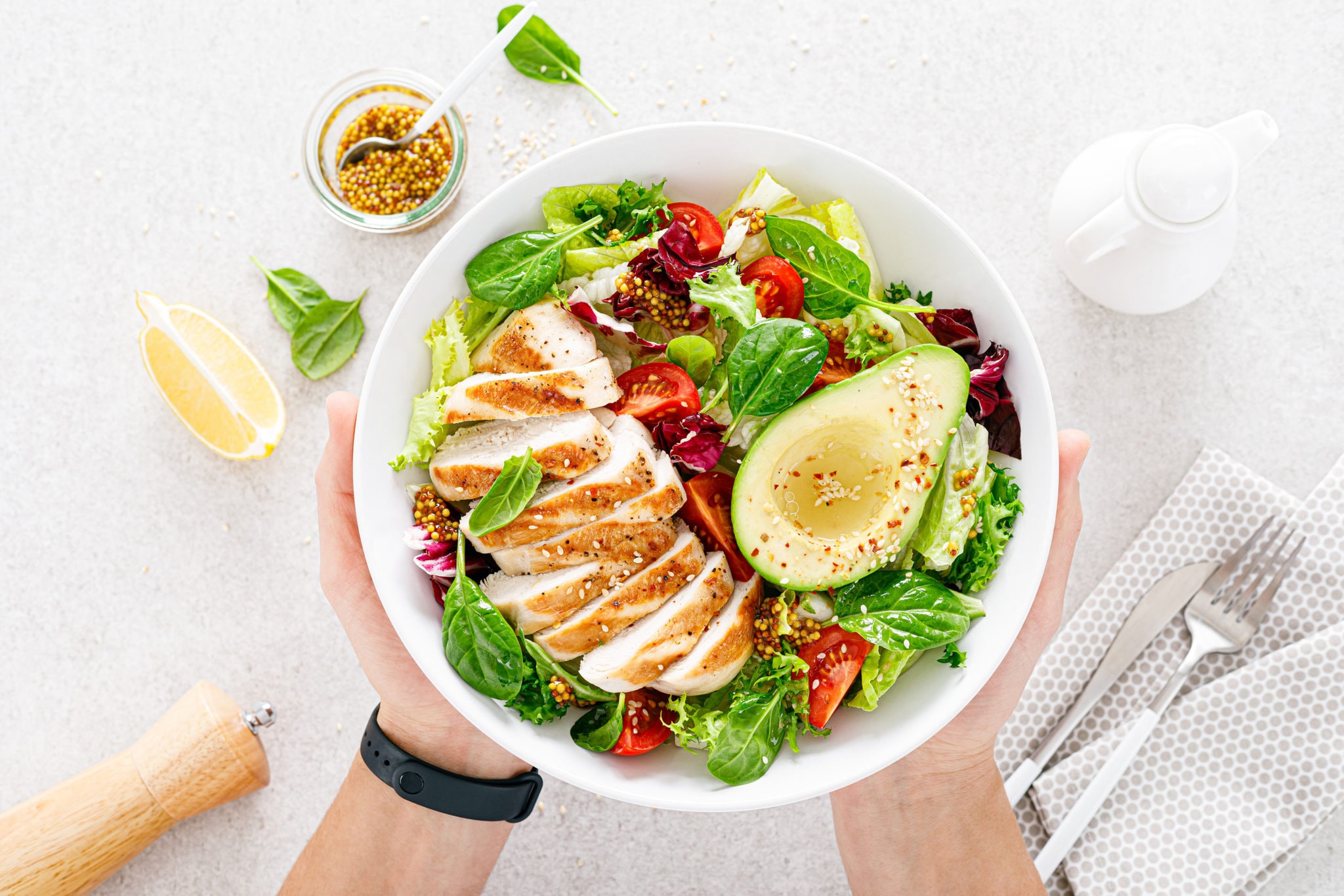How Your Protein Intake is Affecting Your Body
There are protein powders, protein shakes, and protein bars. A stroll through the grocery store and you will find all kinds of packaging boasting about protein levels, including yogurt, pancake mix, cereal bars, bread, and more. Many social media content creators spread awareness of their protein intake by posting “what I eat in a day” videos.
Protein is everywhere. It’s one of the buzzwords in the health industry – and it is no longer just for bodybuilders. But what exactly is it? And how can you increase your protein intake?
What Does Protein Do For the Body?
Protein is responsible for a lot of tasks within the body as a whole – and it affects it in many different ways. Let’s take a closer look at what protein does for the body:
Builds muscle
Gives you extra energy to keep going
Curbs your appetite
Boost cardiovascular health (especially plant-based proteins)
Protein carries nutrients and oxygen throughout the body
Burns fat
Regulates hormones
Aids in digestion
How Much Protein Should You Be Eating?
Knowing how much protein to consume is beneficial when it comes to your health. While you don’t want to eat too little protein that it may cause deficiency, you don’t want to eat too much, either. After all, there is such a thing as too much of a good thing. Consuming large quantities of protein can lead to dehydration, constipation, bad breath, weight fluctuations, higher cholesterol, increased chance of kidney stones, and more.
So, what is your ideal number for protein intake? Use the following as a guide.
Females 19 years of age and older should aim for 46 grams of protein per day
Males 19 years of age and older should aim for 56 grams of protein per day
After the age of 40 for both men and women, it is common to begin losing muscle mass. As a result, more daily protein intake may be needed.
Making sure you get enough protein every day is so important. Without it, your body wouldn’t so easily be able to build strong bones, muscles, and cartilage. Your hair and nails wouldn’t look as incredible. And, your body wouldn’t be able to build and repair damaged tissue.
Be cognizant of the protein that you eat and, if necessary, discuss any concerns about this with your healthcare professional.
Sources of Protein
Many people associate protein with meat. And while meat is a great source of protein, it is not the only option. The key to a healthy diet is to eat a variety of good-for-you foods, so mix things up a bit and still reach your protein goals.
Below are a few sources of protein you may know – and others you may not have considered.
Eggs
Chicken breast
Almonds
Milk
Greek yogurt
Pumpkin seeds
Cottage cheese
Lean beef
Beans
Tofu
Quinoa
Lentils
Fish
Tempeh
Peanut butter
Turkey
Nourish Your Health with Longevity Herbs
Longevity Herbs offers the highest quality supplements to nourish your body and boost your overall health. To help you find exactly what you are looking for, our highly-knowledgeable professionals have a deep understanding of our products so they can help guide you in including them in your life.
Contact us today to learn more. Or, shop online.






